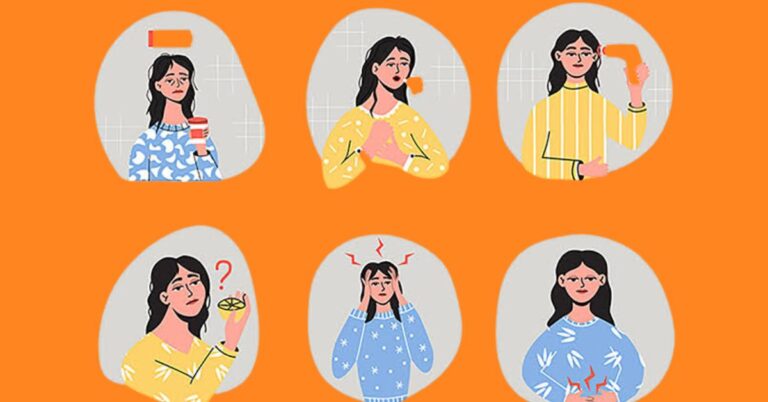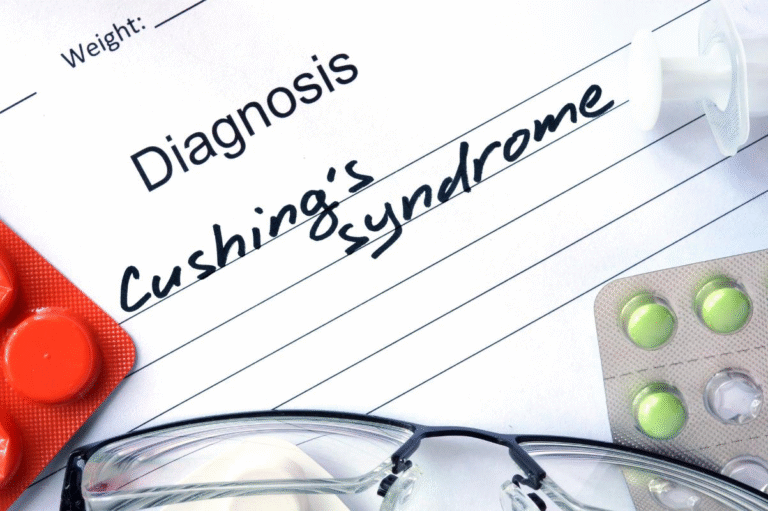Reliable Home Remedies for Persistent Hiccups That Don’t Quit
Everyone experiences hiccups, but when they persist for more than a few minutes, they transition from amusing to frustrating and sometimes even painful. If your hiccups are persistent, random, or keep recurring, it’s time to resort to effective home remedies.
Hiccups occur when your diaphragm, the breathing muscle beneath your lungs, suddenly contracts, causing your vocal cords to snap shut. This sudden contraction produces the characteristic “hic” sound.
While most hiccups are harmless and resolve on their own, you don’t have to endure them. Here’s a list of effective, natural remedies to quickly eliminate hiccups, along with what to do if they persist.
1. Hold Your Breath (The Right Way)
Holding your breath raises CO₂ levels in your blood, which may help your diaphragm relax and stop spasming.
Try This:
- Inhale deeply, hold for 10–20 seconds, and then exhale slowly.
- Repeat 3–4 times if needed.
For best results: Follow up with a glass of cold water to reset your breathing pattern.
2. Drink Cold Water (or Suck Ice)
The cold temperature stimulates the vagus nerve, which may help interrupt the hiccup reflex.
Try This:
- Take small, quick sips of cold water
- OR hold a small ice cube in your mouth for 30 seconds
As a bonus tip, gargling with cold water can also be beneficial.
3. Try the “Paper Towel Sip” Trick
How it works:
Drinking through a paper towel forces your diaphragm to work harder, which may help it reset.
Try This:
- Place a clean paper towel over a glass of cold water
- Drink through it like normal
- You’ll need to suck harder, which engages your diaphragm more.
4. Swallow a Spoonful of Honey or Peanut Butter
The sticky texture and swallowing motion stimulate the vagus nerve and may reset diaphragm rhythm.
Try This:
- Take 1 teaspoon of honey or peanut butter, hold in mouth briefly, then swallow slowly
- Don’t wash it down right away—let it coat your throat
If you have allergies or trouble swallowing, avoid this product.
5. Pull Your Knees to Your Chest
This compresses your chest and may help relax the diaphragm.
Try This:
- Sit or lie down, pull knees up toward your chest
- Hug them in and hold for 30–60 seconds
- Breathe slowly through your nose
It works well with breath-holding or deep belly breathing.
6. Try the “Startle” Method
How it works:
Sudden shocks (like being startled) may reset nerve pathways controlling the diaphragm.
Try This:
- Ask someone to startle you (gently, please)
- OR watch a short jump-scare video
While it works for some people, it’s not a universal solution. Don’t rely on it.
7. Use the “Upside-Down Water” Trick
How it works:
Altering your swallowing and breathing at the same time can interrupt hiccup signals.
Try This:
- Bend over at the waist
- Drink a glass of water from the opposite side of the rim
This forces unusual muscle use—disrupting the hiccup reflex arc.
8. Stimulate the Vagus Nerve (Gently)
This nerve plays a key role in diaphragm movement.
Try:
- Rubbing your eyebrows gently
- Lightly pulling on your tongue
- Massaging your carotid artery area (side of your neck—gently and not for long)
- These tricks stimulate the nervous system in subtle ways that may override hiccup signals.
When to Worry About Persistent Hiccups
Most hiccups go away within a few minutes to a few hours. But if yours last longer than 48 hours or keep coming back for no reason, it may signal something deeper:
Possible Causes:
- Acid reflux (GERD)
- Stress or anxiety
- Nerve irritation (vagus or phrenic)
- Electrolyte imbalance
- Medication side effects
- Underlying conditions (stroke, diabetes, brain injury)
Chronic hiccups (2+ days) need a doctor’s attention, especially if you experience:
- Chest or abdominal pain
- Difficulty swallowing or breathing
- Weight loss or fatigue
- Nausea or vomiting
Final Tips for Prevention
If you’re prone to recurring hiccups, try these daily habits:
- Eat slowly and avoid gulping air
- Skip carbonated drinks and spicy food triggers
- Manage stress with daily breathing or journaling
- Avoid large meals before bed
Final Takeaway
Hiccups, though harmless, can be quite annoying, especially when they persist. If you find yourself experiencing hiccups, try one or a few of these safe and proven home remedies. Remember to listen to your body; persistent hiccups could be a sign of something else.
Check out the healthlynic ✔️approved range of products for Weight Loss, Improve metabolism and much more!







